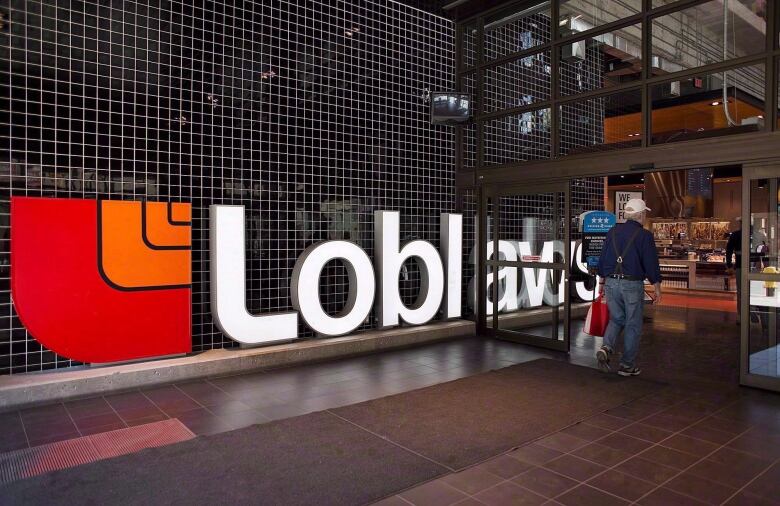Michael's essay: The great Canadian bread price-fixing scandal

Adam Smith, you gotta love the guy, don't you?
Not only is he the father of capitalism as we know it, he was deeply concerned about the plight of his fellow humans, especially the poor.
Yes, he wrote The Wealth of Nations, which is all about money, how to get it and what to do with it. (Apparently a heck of a read — I couldn't finish it.)
But he also wrote a book called The Theory of Moral Sentiments, in which money plays almost no part.
In it, he explained how conscience can universally create what he called "a mutual sympathy of sentiments" toward others; empathy, in other words.
He also wrote that no society, capitalist or otherwise, could flourish if large segments of the population live in poverty.
I went back to old Adam this week after reading about the great Canadian bread scandal.
Yes, others may have national scandals about smutty dossiers or Russian treachery or nuclear button envy; for us Canadians, it's bread.
Thanks to some remarkable reporting in The Globe and Mail and The Toronto Star, we now know that Canada's largest grocers and bread makers conspired for at least 14 years to fix the price of bread.
And during that time, retail grocers raised their price for bread no fewer than 15 times — about 10 cents each time.
One of the companies identified in court documents is Canada Bread, now owned by the mellifluously named Grupo Bimbo of Mexico, the largest baked goods company in the world.
In December, Loblaw Companies Ltd. and George Weston Ltd. admitted to taking part in the price fixing scheme in return for being granted immunity from prosecution by the federal government's Competition Bureau.

Old Adam Smith was smart enough to point out that price fixing among business people was as prevalent as the Scottish air of his home town Kirkcaldy.
Said he: "People of the same trade seldom meet together, even for merriment and diversion, but the conversation ends in a conspiracy against the public in some contrivance to raise prices."
In the grocery business, the question arises about other foodstuffs with rigged prices: bagels? cheese dip? potatoes? apples? What about my favourite, avocados?
Governments around the world have finally wised up to the practice and are throwing the book at companies by going after large cartels.
A cartel is defined as an agreement among members of a given industry to share markets to their mutual advantage. OPEC is a prime example.
Price fixing is a feature of a cartel, along with production quotas, and import/export quotas.
They emerged from Germany in the 1870s and later flourished in the Gilded Age of the American robber barons.
Europeans at least, are biting back. In July, the EU levied record fines of €2.93 billion against some car companies.
In 2015, five banks were fined $9 billion US for fiddling currency rates. Six other European banks were fined $2.3 billion for fixing interest rates.
It doesn't necessarily follow that every titan of industry wears a special suit with plastic pockets so he can steal soup, as Wilson Mizner argued.
I wouldn't suggest that for a moment.
But should you come across a group of hearty capitalists engaged — in Adam Smith's delightful phrase — in "merriment and diversion", keep your hand on your wallet.
And count the silverware.
Click 'listen' above to hear the essay.